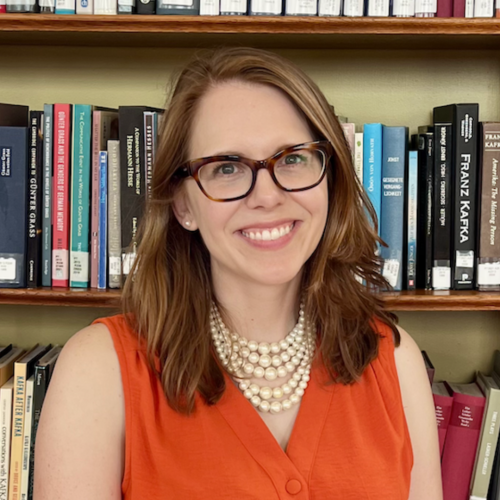A new study by PhD student Kyrie Zhixuan Zhou and Assistant Professor Madelyn Rose Sanfilippo has uncovered the existence of gender bias in Large Language Models (LLMs) in the U.S. and China. The researchers examined public discussion about this topic on the social media platforms Twitter (now X) and Weibo, finding reports of gender bias in the LLMs ChatGPT and Ernie, China's ChatGPT-equivalent.
Zhou and Sanfilippo were invited to summarize their findings in the Montreal AI Ethics Institute (MAIEI) article, "Public Perceptions of Gender Bias in Large Language Models: Cases of ChatGPT and Ernie." MAIEI is an international nonprofit research institute with a mission to democratize AI ethics literacy. The summary will also be featured in AI Ethics Brief, the institute's weekly newsletter for technical leaders and policymakers around the world.
According to Zhou, finding public discussion on gender bias in ChatGPT on Twitter was straightforward, with over 350 posts on the subject. However, posts about gender bias in Ernie were more difficult to uncover on Weibo, due to China's strict censorship on online discussions about feminism. Zhou and Sanfilippo found that "cultural factors impact biases in LLMs since they were trained on data that reflect those cultural contexts." They observed implicit gender bias in discussion about ChatGPT, e.g., associating different genders with different professional titles, but explicit gender bias in discussion about Ernie, e.g., devaluing women by their age.
"Gender bias is always a severe and under-investigated issue in information technology," said Zhou. "By understanding and proposing ways to solve gender bias in AI, we aim to create a more inclusive and fair tech infrastructure in the LLM era."
To rectify the situation, the researchers propose governance recommendations to regulate gender bias in LLMs as well as the development of educational tutorials to equip AI creators with awareness and knowledge of AI gender bias.
Zhou's research interests are in tech ethics and accessibility. He aims to understand, design, and govern ICT/AI experience for vulnerable populations such as older adults, people with disabilities, women in conservative cultures, and people in authoritarian regimes. Zhou earned his BEng in computer science from Wuhan University.
Sanfilippo uses mixed methods to address research questions about participation in and the legitimacy of sociotechnical governance; social justice issues associated with sociotechnical governance; privacy in sociotechnical systems; and differences between policies or regulations and sociotechnical practice. Her work practically supports decision-making in, management of, and participation in a diverse public sphere. She earned her MS and PhD in information science from Indiana University.
